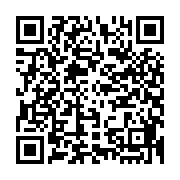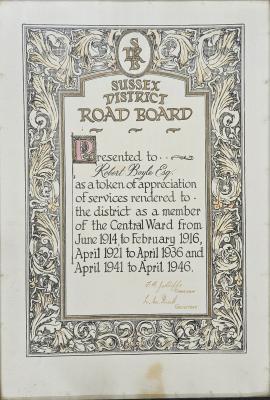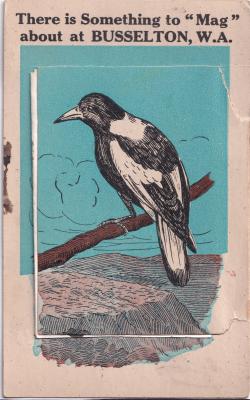Ludwig & Ludwig Jingle Cymbal
c. 1920 - 193012 inch brass cymbal with 6 circular nickel plated brass Jingle Cups (one missing) attached equidistantly around the domed centre point of the cymbal.
Cymbals have existed since ancient times. Representations of cymbals may be found in reliefs and paintings from Armenian Highlands (7th century BC), Larsa, Babylon, Assyria, ancient Egypt, ancient Greece, and ancient Rome.
The Ludwig Drum Company was established in 1909 by William F. & Theobald Ludwig, sons of a German immigrant to the United States. William Jr. had been a professional drummer, playing with circuses and touring vaudeville shows, along with the occasional skating-rink gig. Since this work was irregular, he and his brother, Theobald, opened a drum shop in Chicago which they called Ludwig & Ludwig
Details
Details
Each jingle has the following inscription circling the rim
LUDWIG & LUDWIG CHICAGO ILL.
A cymbal is a percussion instrument consisting of a circular flat or concave metal plate that is struck with a drumstick or is used in pairs struck glancingly together.
While modern-day cymbals can be heard in pretty much any style of music, in early days they were used by beggars to attract attention, to celebrate weddings, to add luster to orgies, to tell bees to come back to their hives and to worship gods.
Other items from Busselton Historical Society
- Booklet - Busselton Bowling Club Centenary 1904-2004
- Busselton Lighthouse Timekeepers Log 1912-1915
- 13 inch brass cymbals
- Certificate - Sussex District Road Board (Robert Boyle)
- Souvenir - King Edward VIII Coronation Mug
- Souvenir plate - 90th Birthday of Queen Elizabeth II
- Souvenir plate - Queen Elizabeth II Golden Jubilee
- Souvenir plate - 25th Wedding Anniversary of Queen Elizabeth II
- Postcard - There is Something to "Mag" about at Busselton, W.A.
- Souvenir - Opening of Parliament House Canberra Jugs 1927
- Souvenir plate - King George V Coronation
- Souvenir - King Edward VIII Coronation Mug
Scan this QR code to open this page on your phone ->




